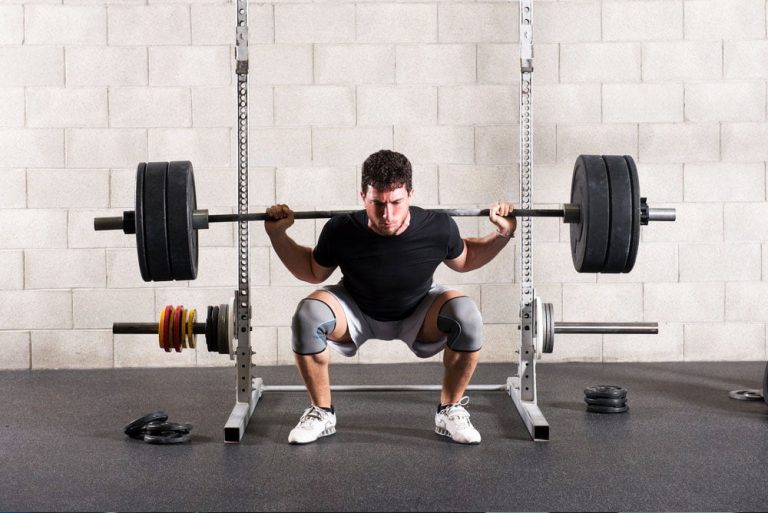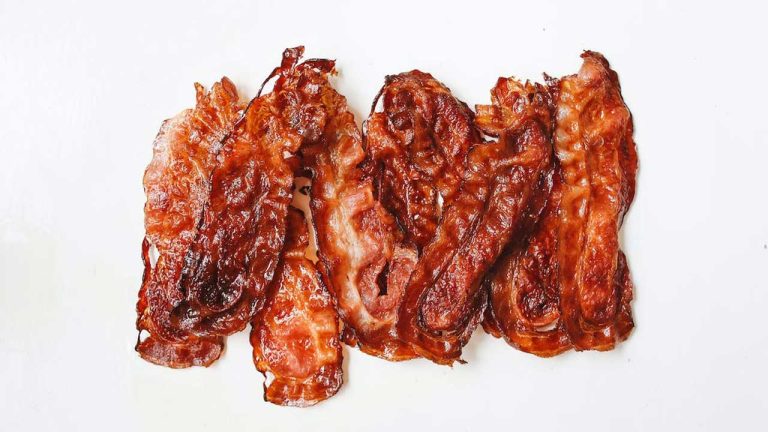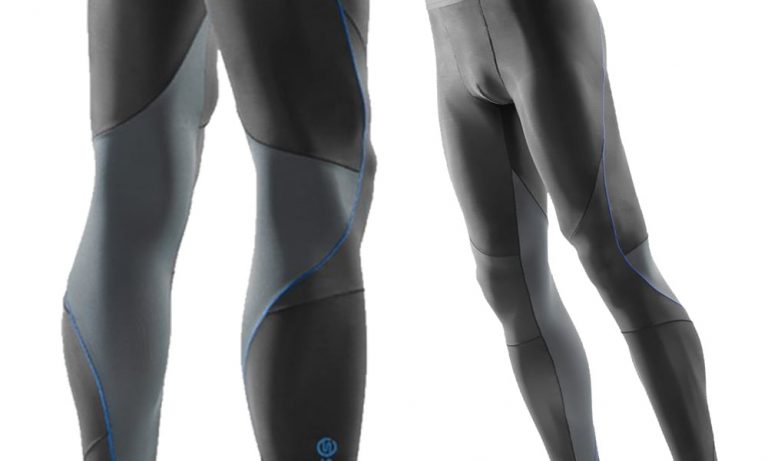What Happens If You Only Eat Protein?
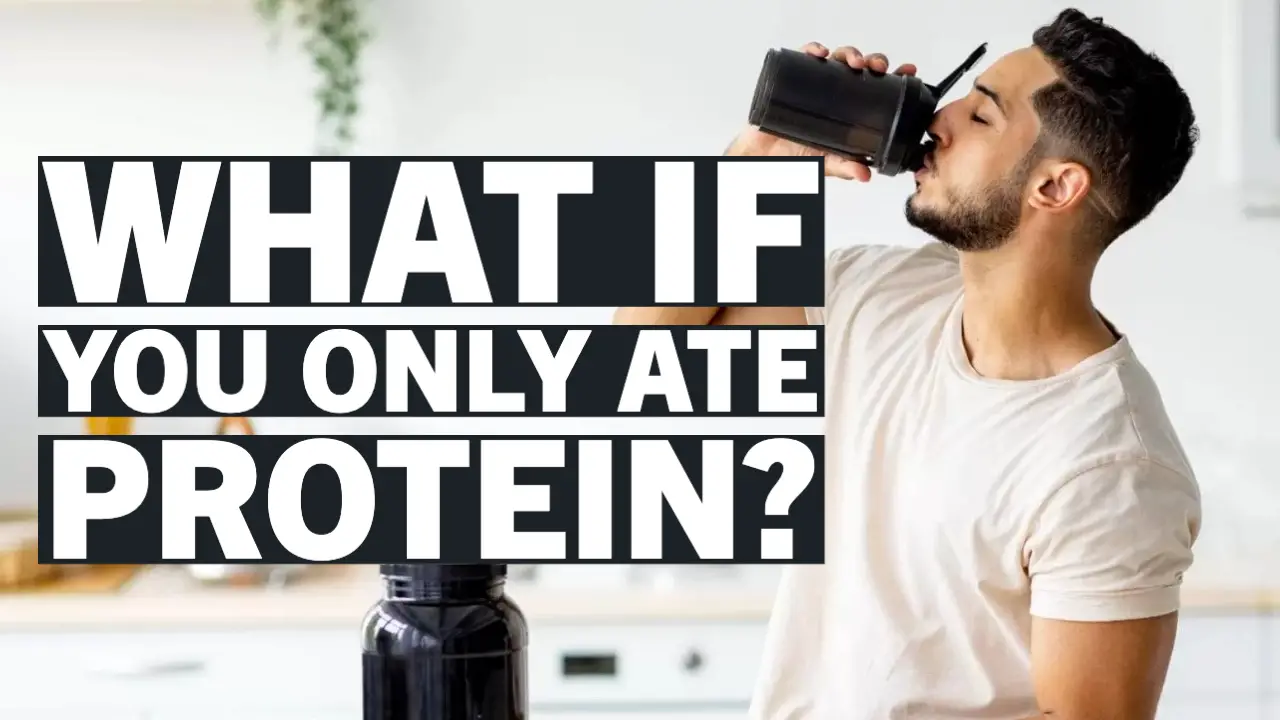
ListedFit is reader-supported. When you buy through links on our site, we may earn a small commission.
Some people have thought about eating only protein to reach their optimum levels of fitness and health.
Although protein is essential for muscle growth, consuming only protein is not advised.
We will examine the potential risks and drawbacks of eating only protein, the value of a well-balanced diet for building muscle and losing weight, and the contribution of water to muscle growth in this article.
Table of Contents
Why Would Somebody Want to Consume Only Protein?
When it relates to the growth and maintenance of muscle tissue, protein is a macronutrient that is absolutely necessary.
As a direct result of this, there is a widespread misconception that individuals who consume nothing but protein will be able to speed up the process of either gaining weight or losing weight. This is an incorrect assumption.
Consuming nothing but protein may actually lead to some very bad consequences in the body, as we will see in the following sections.

What Really Would Happen If You Only Ate Protein?
- Lack of essential nutrients:
If protein is the only thing you consume, you run the risk of not getting enough of other important nutrients, including carbohydrates, fiber, vitamins, and minerals.
The body gets its energy from carbohydrates, while fiber helps digestion, controls blood sugar levels, and reduces the risk of heart disease. Carbohydrates are essential for life.
Vitamins and minerals are essential nutrients for the maintenance of a variety of processes within the body, including immunity, metabolism, and bone health.
- Negative impact on digestion:
Consuming nothing but protein can lead to digestive problems such as constipation because it does not contain any fiber.
In addition, consuming an excessive amount of protein can increase the risk of kidney damage, particularly in people who already have problems with their kidneys.
- Health risks:
Consuming an excessive amount of protein is associated with a number of potential adverse health effects, including an elevated threat of coronary disease and the possibility of gaining weight.
Consuming nothing but protein can also be detrimental to bone health because the metabolism of protein can cause an increase in the amount of calcium that is excreted from the bones.
What Balance of Macronutrients Should Someone Have in Order to Make Muscle Gains?
To achieve maximum muscle gain, it is necessary to consume a diet that is both well-balanced and rich in protein, carbohydrates, and healthy fats.
Protein ought to make up somewhere between 20 and 30 percent of one’s daily calorie consumption, with carbohydrates and healthy fats making up the remaining 70 to 80 percent.
Will I Lose Weight If I Only Eat Protein?
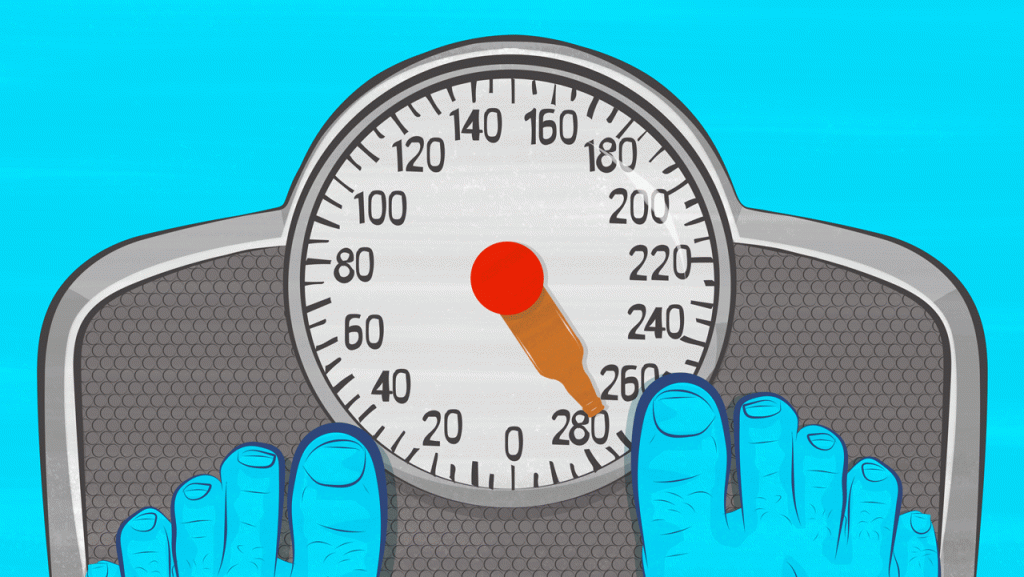
A diet that is high in protein can be beneficial to weight loss because it increases feelings of fullness, which in turn leads to decreased calorie consumption.
Consuming nothing but protein, on the other hand, is not recommended for sustained weight loss.
In order to lose weight in a way that is both healthy and sustainable, you need to follow an exercise routine and eat a diet that is well-balanced and contains adequate quantities of protein, carbohydrates, and healthy fats.
What Are the Best Macros for Weight Loss?
When it comes to macros for weight loss, there is no one strategy that works for everyone. Instead, it is dependent on a number of factors, including age, gender, activity level, and weight loss objectives.
Having said that, you can determine the macronutrient ratios that will lead to the most effective weight loss by following a few general guidelines. To begin, you will need to create a calorie deficit, which simply means that you will need to consume fewer calories than your body requires in order to keep its current weight. In order to accomplish this, you will need to calculate your basal metabolic rate, also known as your BMR. This is the number of calories that your body burns when it is at rest.
Use the calculator below to work out your BMR:
Once you have determined your BMR, you can determine the total number of calories you burn in a day by multiplying that number by an activity factor. If you want to lose weight at a healthy pace, a good rule of thumb is to shoot for a calorie deficit of between 500 and 750 per day.
The next step is to determine the optimal ratio of macronutrients that will work for your body. Aiming for a ratio of 40 percent carbohydrates, 30 percent protein, and 30 percent fat is a good place to start.
It is essential to keep in mind that the proportions listed here are not set in stone, and it is possible that you will need to modify them based on how your body reacts.
For instance, some individuals require a higher protein intake in order to feel satiated, whereas other individuals may function more effectively on a diet that contains fewer carbohydrates.
The trick is to find a healthy middle ground that accommodates both your body and the weight loss objectives you have set for yourself.
What Happens If You Only Eat Protein and No Carbs?

Some diets, such as the Atkins and ketogenic diets, place an emphasis on consuming only protein and completely eliminating the consumption of carbohydrates. These diets might help you lose weight in the short term, but they may have long-term negative effects on your body, such as an increased risk of heart disease, constipation, and a lack of essential nutrients. However, they might help you lose weight in the short term.
A well-balanced diet that is high in protein, carbohydrates, and healthy fats is required for weight loss that is intended to be maintained over time. Protein ought to make up somewhere between 20 and 30 percent of one’s daily calorie consumption, with carbohydrates and healthy fats making up the remaining 70 to 80 percent.
What Happens If You Only Eat Protein and Don’t Workout?
Consuming an excessive amount of protein without also maintaining an active lifestyle can have adverse effects on the body. Even though protein is essential for the growth of muscles, simply consuming it is not enough on its own.
Consuming an excessive amount of protein is associated with an increased risk of kidney damage. Additionally, a lack of regular exercise can lead to the storage of excess protein calories as fat in the body, which can lead to weight gain as well as potential health risks.
Does Water Help Muscle Growth?
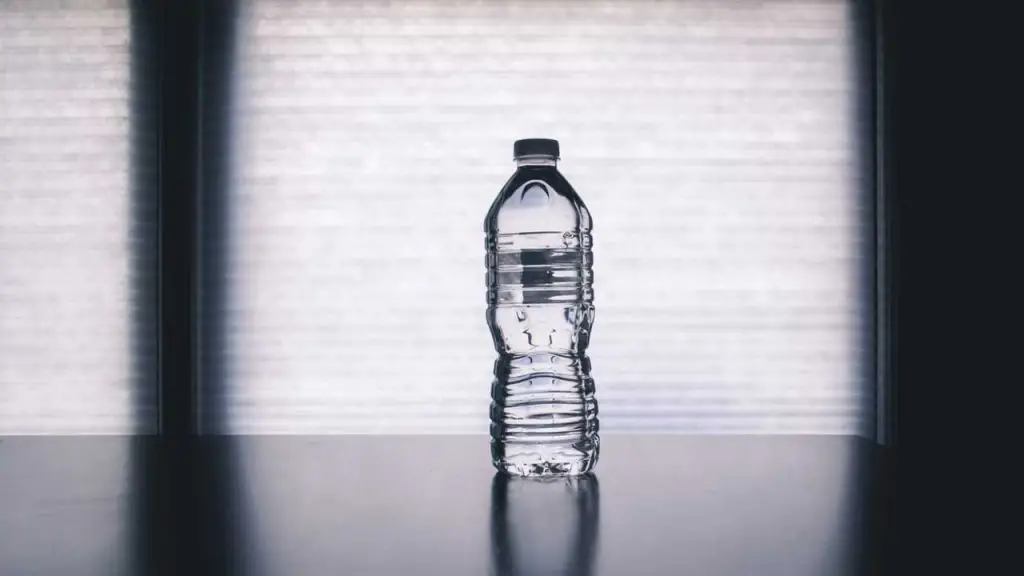
Water does play an important role in muscle growth. Let me explain why.
The consumption of water is absolutely necessary for the development of new muscles. When we exercise, we perspire, which causes us to lose water. In order to keep all of our bodily functions, including muscle growth, functioning at their best, it is imperative that we replace the water that we lose.
In fact, research has shown that being dehydrated may inhibit the growth of muscle. If we are dehydrated, our bodies are unable to deliver as much oxygen and nutrients to our muscles as they normally would. This may lead to a decrease in performance as well as muscle fatigue, which, in turn, may inhibit the growth of new muscle.
Additionally, water is necessary for the process known as protein synthesis, which is how our bodies build muscle. Because water is necessary for the process of protein synthesis to work correctly, it is possible that our bodies will not be able to construct as much muscle as they would be able to if they were properly hydrated.
Drinking enough water has a number of benefits, one of which is that it lowers the probability of sustaining an injury or experiencing a cramp in the muscles. When our muscles are dehydrated, they are more prone to cramping and tearing than when they are well-hydrated. If we drink enough water, we can help prevent these kinds of injuries, and this, in turn, will enable us to continue working out and ultimately gain more muscle over time.
Even though water does not necessarily directly build muscle, it does play a crucial role in promoting muscle growth in other ways, such as by promoting protein synthesis, hydration, and the prevention of injuries. If you want to put on muscle, you need to make sure that in addition to maintaining a consistent exercise routine and eating a healthy diet, you drink a lot of water.
Conclusion – What Happens If You Only Eat Protein?
Despite the fact that this macronutrient is essential for the development and maintenance of muscle tissue, it is not recommended that a person only consumes protein in their diet.
In addition to participating in consistent physical activity, one of the most important things that can be done to achieve optimal results in the areas of muscle growth and weight loss is to adhere to a balanced diet that contains sufficient quantities of protein, carbohydrates, and healthy fats.
Maintaining an adequate water intake is also essential to achieving a healthy body and making headway in the process of gaining muscle.
For this reason, it is of the utmost importance to make consuming sufficient water, maintaining a healthy diet, and engaging in regular physical activity a top priority if you want to reach the highest possible level of physical and mental health.
Author
Latest entries
 FitnessAugust 19, 2023Yohimbe vs Yohimbine: A Quick Comparison Guide
FitnessAugust 19, 2023Yohimbe vs Yohimbine: A Quick Comparison Guide AshwagandhaJune 16, 2023Is Ashwagandha Good for Working Out? Key Benefits Explored
AshwagandhaJune 16, 2023Is Ashwagandha Good for Working Out? Key Benefits Explored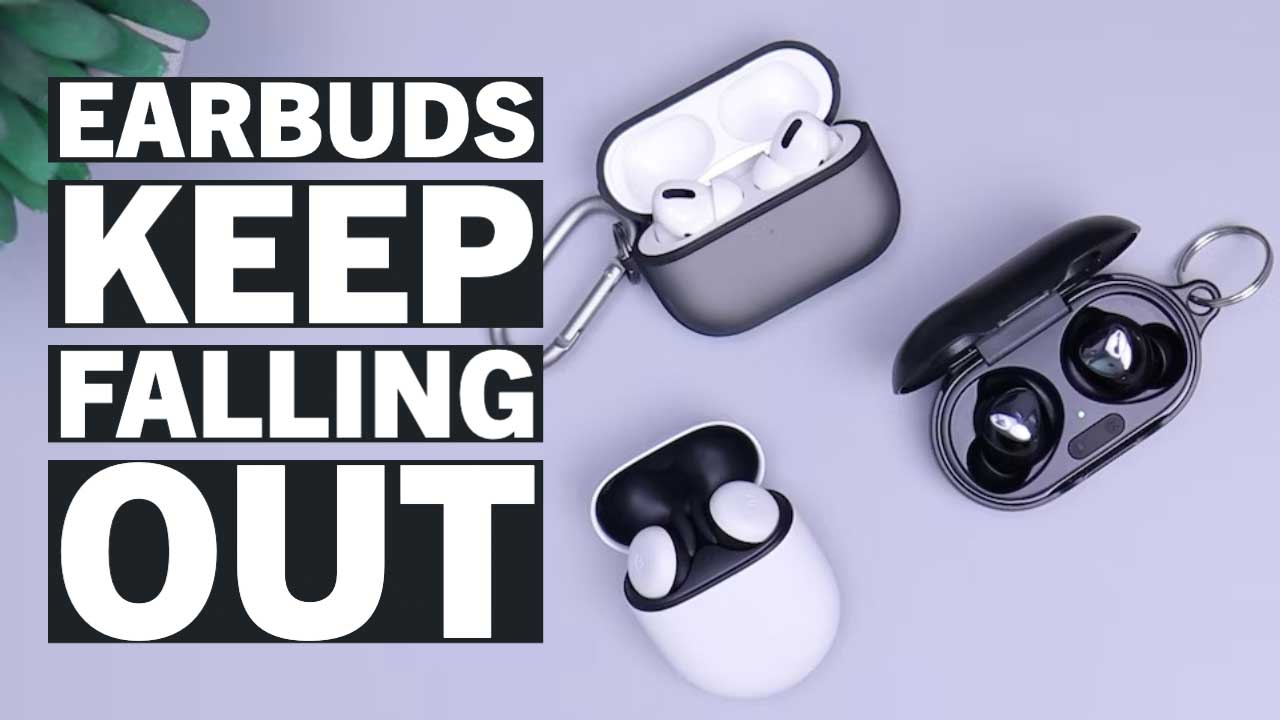 Sports HeadphonesMay 25, 2023Why Your EarBuds Keep Falling Out – Quick and Easy Solutions
Sports HeadphonesMay 25, 2023Why Your EarBuds Keep Falling Out – Quick and Easy Solutions Nike ShoesMay 12, 2023Do Nikes Run Big or Small? Decoding the Perfect Fit
Nike ShoesMay 12, 2023Do Nikes Run Big or Small? Decoding the Perfect Fit
Affiliates:
This post may contain affiliate links that at no additional cost to you, the site may earn a small commission. We only recommend products we would use ourselves and all opinions expressed on this site are our own.
General Advice:
The information provided in this article is for general informational purposes only. It is not intended as a substitute for professional advice. Always consult with a qualified healthcare professional before starting any new diet, exercise program, or making changes to your health routine.
Accuracy Advice:
While we strive to provide up-to-date and accurate information, the content in this article may not reflect the most current research or medical guidelines. We encourage readers to do further research and consult with professionals for more personalized advice.
Our Recommendations:
The products and services mentioned in any of our articles are recommended based on our independent research and personal experience. We are not sponsored by any company. We aim to suggest products and services we believe are of high quality and could be beneficial to our readers.


